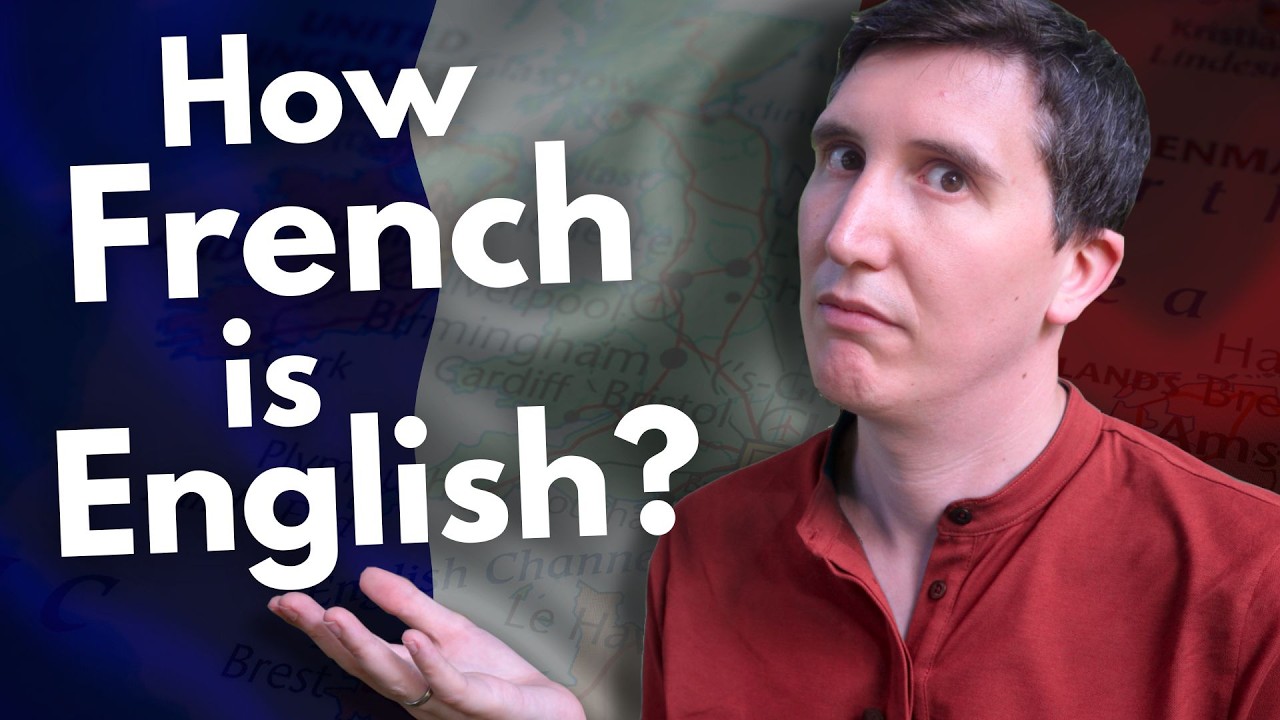(Shameless self-promotion: if you like this subject, consider !linguistics@mander.xyz )
It’s being used as an adversative conjunction, connecting a phrase (usually a clause) with whatever precedes it, in a way that highlights that the precedent would incorrectly imply something. Here’s a set of examples showing it:
- “That ‘tho’ is like a ‘but’. But it’s used at the end of the sentence.”
- “That ‘tho’ is like a ‘but’. It’s used at the end of the sentence tho.”
- “That ‘tho’ is like a ‘but’. It’s used at the end of the sentence.”
#1 and #2 are equivalent: the first sentence introduces an information (that “tho” is like a “but”), that information implies something incorrect (if “tho” is like a “but”, it goes at the start of the sentence, right?), and the second sentence contradicts said implication (nope, “tho” goes at the end). With the “but” or the “tho”, that contradiction is explicit.
Now look at #3 - it sounds like [incorrectly] saying that “but” goes at the end of the sentence, unlike #1 or #2.
A conjunction going after the elements being “conjoined” might sound a bit weird, but it’s nothing new, or English exclusive. Latin for example used -que (additive conjunction; “and”) this way: first you list the items being conjoined, then plop a -que at the end. (Classical examples: “arma uirumque cano” [I sing the arms and men] and “Senatus Populusque Romanus” [Roman Senate and People]).
Now, on why it’s being used this way: there’s the spelling and the increased usage.
“Tho” as a short form for “though” is old; Merrian-Webster claims that it was already uncommonly used in the 18xx. It’s just that, nowadays, it became more socially accepted in informal writing, due to increased usage. This sort of “grammatical word” (conjunctions, articles, adpositions, copula verb etc.) tends to be rather small, both phonetically and spelling-wise.
And the usage of “though” as an adversative conjunction is attested from the 12th century. Probably even older since cognates in other Germanic languages also have the adversative meaning.
I’m not sure on what I’m going to say next, but I think that the increased modern usage is the result of some changes on how people interpret “but”. Some have been treating it as if it contradicted everything said before, like:
- Alice: “I wanted a banana pie. Not an apple pie.”
- Bob: “Why do you hate apples?”
- Alice: “I like apples, but I like bananas better.”
- Bob [who stopped hearing at the “but”]: “THAN U DUN LIEK APPLES!”
That probably led to increased usage of “though” because it’s used after whatever you said the relevant piece of info. So it’s basically a way to cut short an assumption before it even happens.

















Shameless plug to !linguistics@mander.xyz . This sort of question is welcome there.
Latin already did a bloody mess of those suffixes:
In turn those suffixes used to mean different things:
Then French and Norman inherited this mess, and… left it alone? Then English borrowed all those suffixes. But it wasn’t enough of a mess, so it kept its native -ish suffix, that means the exact same thing. That -ish is from PIE *-iskos, and likely related to Latin -cus.
There’s some awareness among English speakers that “
[$adjective]istan” means roughly “country where the[$adjective]people live”, so the suffix is simply removed: Afghanistan → Afghan, Tajikistan → Tajik, etc.That -istan backtracks to Classical Persian ـستان / -istān, and it forms adjectives from placenames.
In turn it comes from Proto-Indo-European too. It’s from the root *steh₂- “to stand”, and also a cognate of “to stand”. So etymologically “
[$adjective]istan” is roughly “where the[$adjective]people stand”. (inb4 I’m simplifying it.)Note that India doesn’t simply have different “languages”; it has a half dozen different language families. Like, some languages of India are closer to English, Russian, Italian etc. than to other Indian languages.
That said:
Now, why did Greek erase the /h/? I have no idea. Greek usually don’t do this. But Latin already borrowed the word as “India”, showing no aspiration.
So, the islands were named after Felipe II of Spain. And there’s that convention that royalty names are translated, so “Felipe II” ended as “Philip II” in English. And so the “Islas Filipinas” ended as “Philippine Islands”.
…but then the demonym was borrowed straight from Spanish, including its spelling: filipino → Filipino.
Note that this mess is not exclusive to English. As I hinted above, Latin already had something similar; and in Portuguese for example you see the cognates of those English suffixes (-ese/-ês, -an/-ano, -ic/-ego… just no -ish).
Except that for Portuguese simply inheriting the Latin suffixes wasn’t enough, you got to reborrow them too. So you end with etymological doublets like -ego (see: Galícia “Galicia” → galego “Galician”) and -co (see: Áustria “Austria” → austríaco “Austrian”).
Then there’s cases where not even speakers agree on which suffix applies, and it’s dialect-dependent; e.g. polonês/polaco (Polish), canadense/canadiano (Canadian).
Besides afegão vs. Afeganistão (Afghan vs. Afghanistan), another example of a word where the demonym is shorter than the geographical name is inglês vs. Inglaterra (English vs. England). But it’s the same deal: -terra is simply -land, so people clip it off.
There’s also the weird case of “brasileiro” (Brazilian), that -eiro is a profession suffix. Originally it referred to people extracting brazilwood, then the country name was backformed from that.